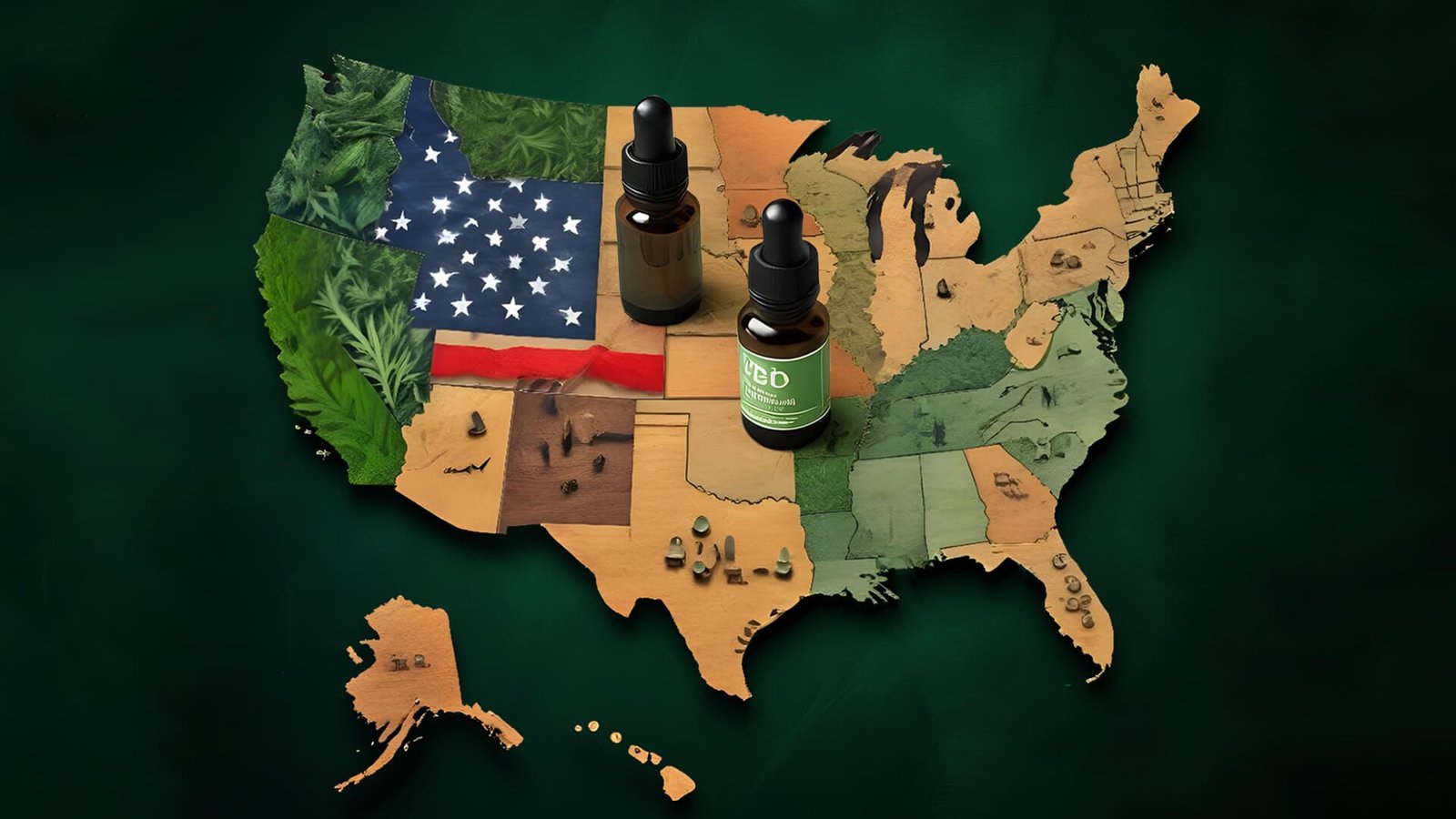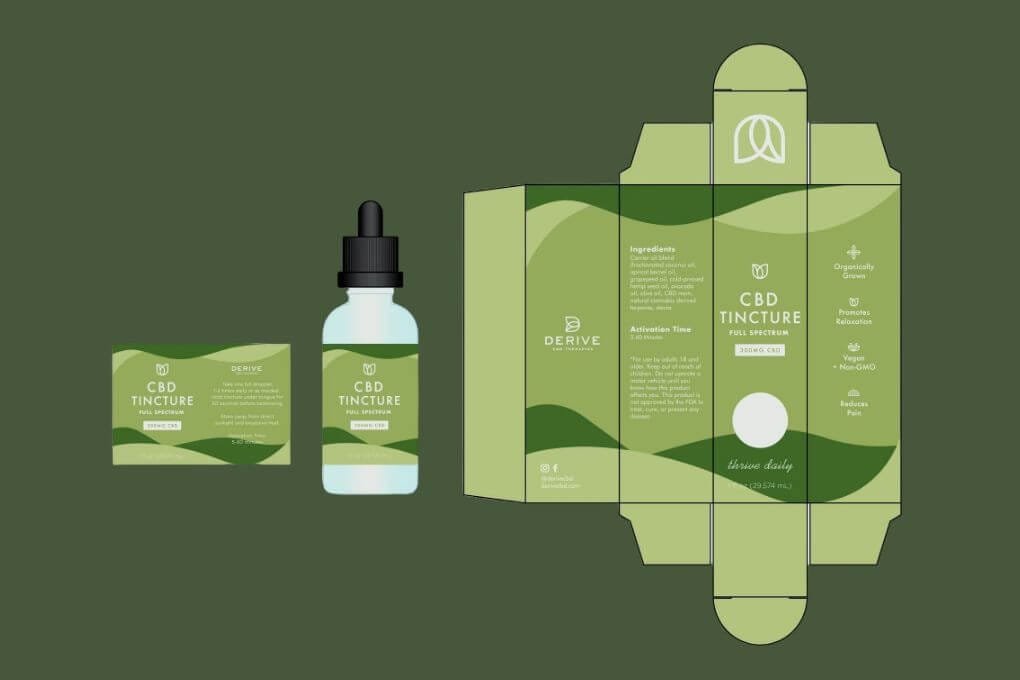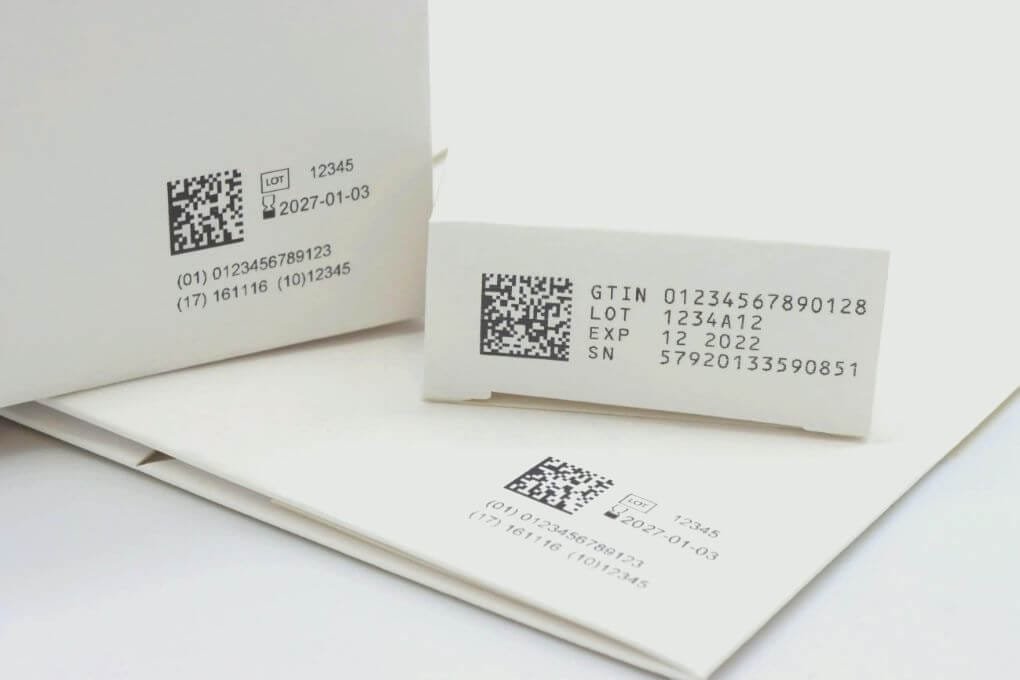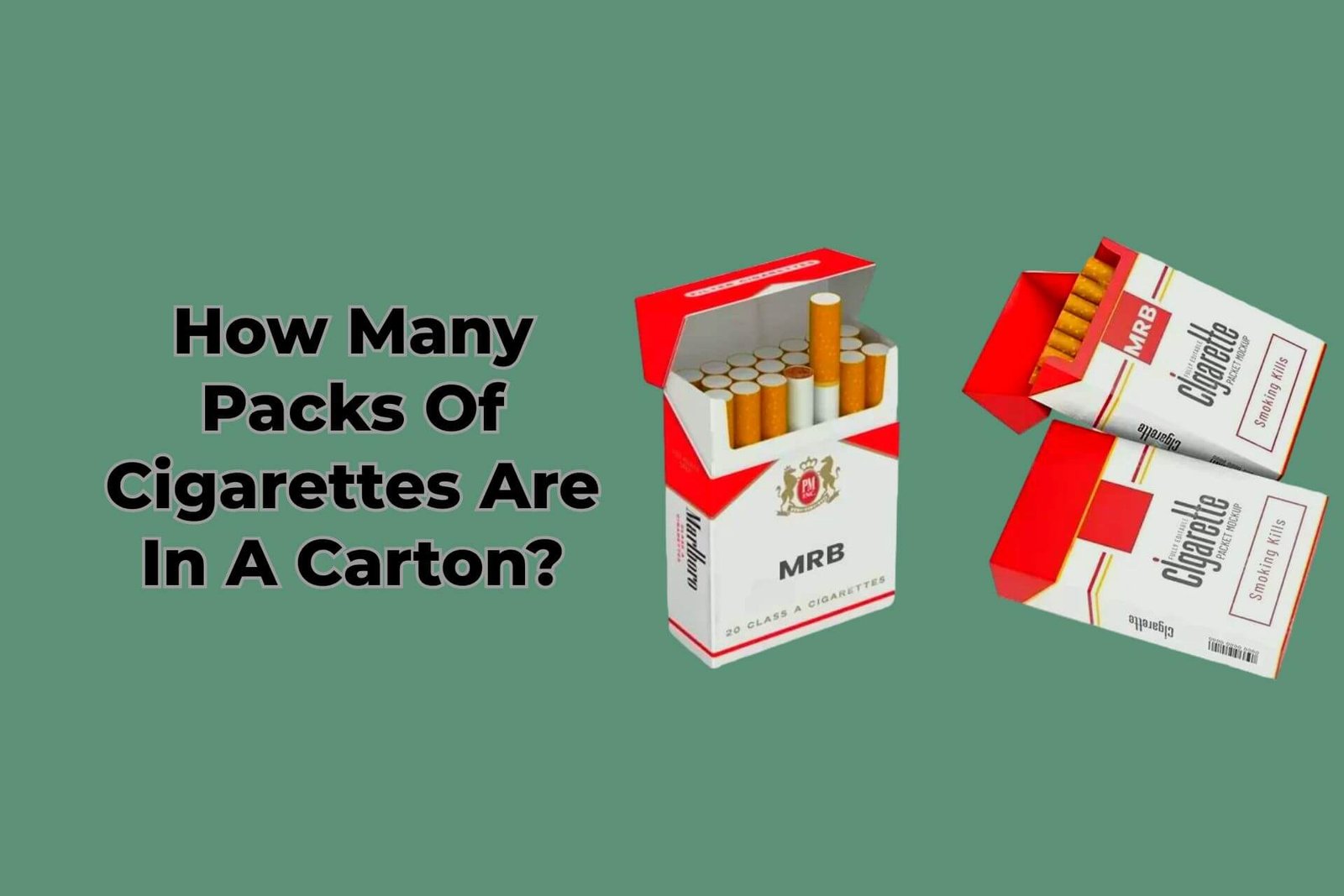Quick Summary: No, CBD is not legal in all 50 states of the USA. However, 11 states have no restrictions on CBD sales, while 36 states have some limits.
CBD is a chemical compound that can be found in the cannabis plants. It is legal in most states in the USA. CBD is derived from the cannabis plant. The demand for CBD products has significantly increased in the last few years. The US Government has started legalizing cannabis products because of its herbal and medical benefits.
If you are new to the cannabis world, this might be the first question that pops up in your head: Is CBD legal in all 50 states of the USA? If you want to find out if CBD is legal in your state, this article is specially designed for you.
Stay focused and read this comprehensive guide; you will learn everything you want about CBD legality.
The Farm Bill 2018 And The Control Substance Act
There are two laws in the United States regarding CBD and hemp. Let’s discuss each law in detail to understand it better.
Farm Bill
The Agriculture Improvement Act of 2018 legalized the production and cultivation of industrial hemp. After that, the Farm Bill came, which also legalized hemp-derived CBD products with less than 0.3% THC. This law gave all the power to the states to make their own rules about CBD.
As soon as the law was implemented, we saw a sudden surge in CBD products like lotions, capsules, tinctures, oils, and more.
Controlled Substances Act
At First, President Nixson had made it illegal to produce and sell marijuana in the United States but the Joe Biden government has now made it legal again.
Now hundreds of marijuana products are available in the market that you can buy from your local dealer and dispensary.
FDA Oversight
The Food and Drug Administration monitors all hemp-derived CBD products available for consumer consumption. If you are starting your CBD dispensary, then you must know that currently, only two CBD products have been approved by the FDA.
- Epidiolex
- Epilepsy Medication
Remember that CBD products may contain different amounts of THC, and you must comply with legal regulations to avoid any penalties from the competitive authorities. In addition, there is a rule that each cannabis seller must follow: CBD sellers must mention their product on their packaging. This can be easily done with the help of custom CBD packaging and custom CBD labels.
What Is CBD & Is It Legal In The US?
CBD is a non-intoxicating compound that is derived from the hemp plant, which belongs to the cannabis family. CBD is one of the most popular forms of cannabidiol after THC.
It has different advantages, such as it helps you to reduce pain, anxiety, insomnia, etc. Marijuana CBD is illegal in the US. Only CBD that is derived from hemp plants is legal, and in that context, the THC level should be below 0,3%.
CBD tackles the human body’s endocannabinoid system, which controls different systems in the body. With CBD’s help, you can make them fast or slow. Now, we hope you will get an idea of the benefits of CBD and why it is so essential for the human body.
States With No Restriction On CBD Sales
11 states in the United States have no restrictions.
- Alabama
- Hawaii
- Illinois
- New Jersey
- New Mexico
- New York
- North Dakota
- Ohio
- Oklahoma
- Virginia
- Wyoming
States With Some CBD Restrictions On CBD Sales
36 states in the United States have some form of restriction.
- Alaska
- Arizona
- Arkansas
- California
- Colorado
- Connecticut
- Delaware
- Florida
- Georgia
- Indiana
- Kansas
- Kentucky
- Louisiana
- Maine
- Massachusetts
- Maryland
- Michigan
- Minnesota
- Mississippi
- Missouri
- Montana
- Nevada
- New Hampshire
- North Carolina
- Oregon
- Pennsylvania
- Rhode Island
- South Carolina
- South Dakota
- Tennessee
- Texas
- Utah
- Vermont
- Washington
- West Virginia
- Wisconsin
Remember, these restrictions are only for consumers who use CBD for recreational purposes. But, if you are a marijuana medical card holder, then you do not have to face these restrictions.
States Where CBD Is Illegal
There are only three states in the United States where CBD is completely illegal, and their names are:
- Idaho
- Nebraska
- South Dakota
Confusion Around Legality of CBD Oil
As we all know, CBD oil has many advantages, but there is only one thing that is teasing regulators and stopping them from legalizing CBD oil, and that is some compounds like THC are psychoactive.
However, after many years of struggle and research, the persona around CBD legality is changing, and different states in the United States have started legalizing cannabis products after the Farm Bill that was introduced in 2018.
There is very confusion around marijuana and CBD products because the federal law of the United States considers marijuana to be a controlled drug. On the other hand, different states in the United States have legalized the cultivation and selling of it.
Some states made the selling of CBD products for recreational use legal, while on the other hand, some states made CBD and marijuana products legal but only for medical consumption.
Why Do People Use CBD Oil?
CBD oil has several advantages, such as helping to reduce pain and anxiety, improve sleep, and enhance general well-being.
CBD oil is also used for medical purposes to treat various health conditions, such as:
- Sleep disorders
- Chronic pain
- Chronic stress
- Inflammation
- Skin issues
- Poor immune function
Cannabis oils have been used to treat various medical conditions discussed above for years. It is a form of phytocannabinoid. Different CBD sellers are putting total effort and pressurizing governments to legalize it. To increase their chances, they are also funding different studies to gain complete insights into cannabis oils.
Difference Between Marijuana & Hemp
Understanding the difference between marijuana and hemp helps you to know if CBD is legal in your state or not. If you are a beginner in cannabis production, then you must understand that hemp and marijuana have different cannabinoid profiles.
That is why both have a completely different effect on the human body. For your better understanding, let’s discuss hemp and marijuana in detail.
Hemp
Hemp has only a few traces of THC, like it contains less than 0.3% THC. A cannabis strain with 0.4% THC or above is classified as marijuana.
After the farm bill that was released in 2018, 48 out of 50 states in the United States have legalized the cultivation and selling of cannabis products.
Marijuana
As previously mentioned, marijuana products have high levels of THC. If a substance contains 0.4% THC, it will have a high effect on its users, which is considered unsafe by authorities.
It is not harmful, but authorities do not like it to be used for recreational purposes. However, you can still use marijuana in different states if you have a medical marijuana card.
Is CBD Legal At The Federal Law?
The federal law of the US allows their citizens to cultivate hemp and make CBD products. But, under two conditions: cannabis sellers must mention their product on their packaging CBD should be derived from hemp, and it must contain less than 0.3% THC.
The federal government released farm bill in 2018, which:
- Removed hemp from controlled Controlled Substances Act
- Legalize the production of hemp
- Extended allowances for commercial hemp cultivation
- Task FDA to monitor CBD products
In addition, the Farm Bill 2018 also allows hemp extracts for industrial and commercial use, meaning CBD oil is legal because is derived from hemp extracts. However, people can still use marijuana which is also known as weed in some states, if they have a medical card.
Now you want to know is CBD legal in Florida then we have a separate article on it that you also wanna check it out.
Is CBD Legal In All Its Forms?
Under the Public Health Service Act and the Federal Food Drug and Cosmetic Act, the FDA regulates products containing cannabis and cannabis-derived compounds.
In simple words, it means that the FDA has complete control over what CBD products can be made and sold. Currently, the FDA has only approved two compounds: epidiolex and epilepsy, which can be used as food drugs, cosmetics, dietary supplements like capulets or cannabis oils, and similar CBD products.
Although the FDA is currently evaluating the safety of CBD, it is presently illegal to add CBD to food or sell CBD as a dietary supplement across state lines. This means:
- CBD suppliers cannot sell dietary supplements or foods containing CBD across state lines.
- It is legal to sell CBD supplements within the state where they were produced or in states that allow the sale of these products.
- ‘Active hemp extract’ is legal in all 50 states.
- The FDA does not regulate CBD products that are not advertised as supplements.
Although CBD is legal in 50 states do you know about custom cbd packaging and labeling regulations then we have a separate article on it that you also wanna check it out.
Is Full Spectrum CBD Legal In All States?
Full-spectrum CBD refers to the extraction of all compounds found naturally in the cannabis plant, including CBD, CBN, CBG, and even THC. For a product to be classified as full-spectrum CBD, it can contain up to 0.3% THC by weight, which is the legally allowed threshold for hemp-derived CBD products in the U.S.
However, while full-spectrum CBD is federally legal, its legality can differ from state to state. Some states have stricter regulations around THC products, even if they are within the federal limit of 0.3%. For example, Idaho has strict laws requiring CBD products to contain zero THC and be derived from specific parts of the cannabis plant, making most CBD products illegal in the state.
Therefore, it is crucial to check individual state laws if you are considering using or purchasing full-spectrum CBD products.
Disclaimer: Always refer to local guidelines and consult legal counsel in your jurisdiction if you have any doubts.
References
- https://www.fda.gov/news-events/press-announcements/fda-approves-first-drug-comprised-active-ingredient-derived-marijuana-treat-rare-severe-forms
- https://www.healthline.com/nutrition/cbd-oil-benefits
- https://en.wikipedia.org/wiki/Medical_cannabis_card
- https://www.congress.gov/bill/98th-congress/senate-bill/422
- https://en.wikipedia.org/wiki/Public_Health_Service_Act
- https://www.fda.gov/regulatory-information/laws-enforced-fda/federal-food-drug-and-cosmetic-act-fdc-act
